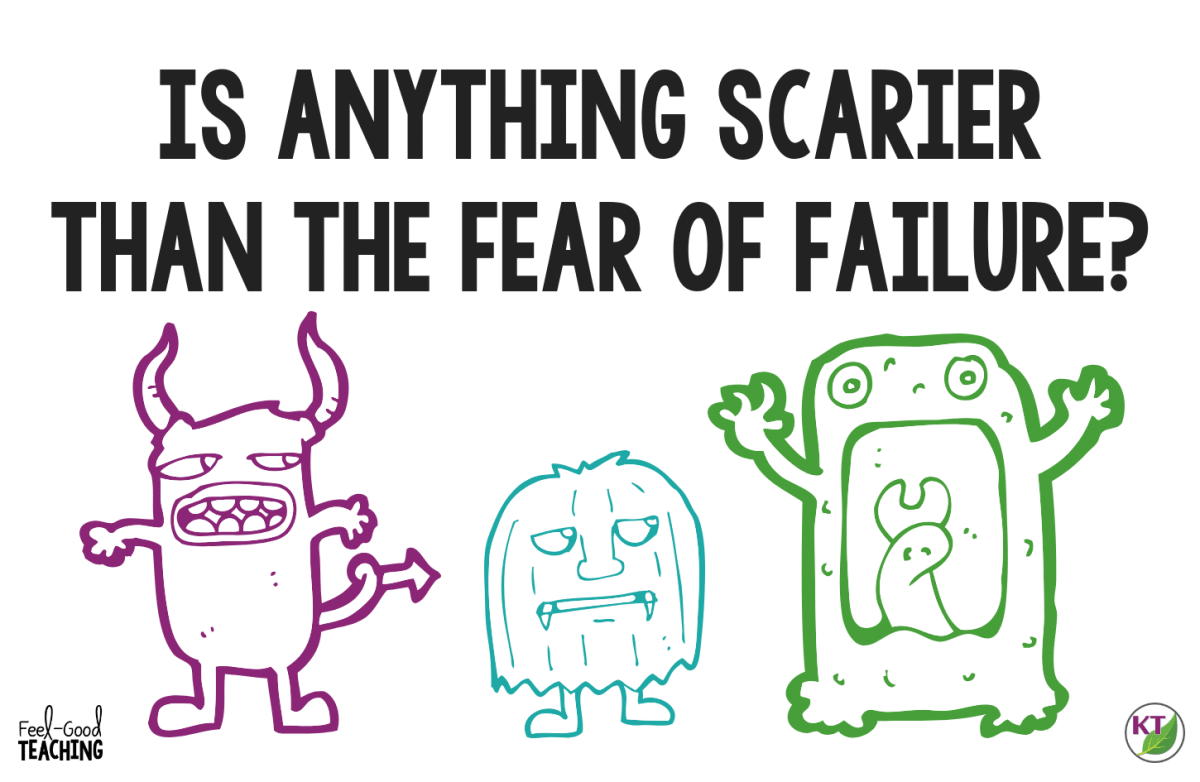In a world where global warming and pollution are becoming increasingly urgent issues that need to be given attention, it’s vital to take the time to educate yourself on what’s happening, and what you can do to help fight it. One of the biggest misconceptions surrounding global warming is the assumption that just one person’s actions won’t have any kind of effect on the situation. This passive mindset spreads until everyone assumes that, and until no one is doing anything because we always assume someone else will. The first step to getting out of a complacent mentality is to try and be more considerate of how your actions may have repercussions on the environment not just for the near future, but for the far away future generations who won’t have the precious opportunity we have right now to make some real change. If everyone takes until there’s nothing left to give, what will be left?
Another misconception that tends to scare people away from being environmentally friendly is the idea that you’ll have to give up every comfort you hold dear in life. Wrong. Being environmentally friendly doesn’t mean you have to go vegan tomorrow, or completely stop using a car, it just means you need to limit such luxuries to a reasonable amount and try to find alternatives when available. Mrs. Rivera, the AP Environmental Science teacher, explained that a lot of people– especially students– tend to assume they can’t make much change because there’s no big, grand gesture they can make. However, being environmentally friendly is actually made up of several, much smaller decisions we might not automatically think of such as bringing a reusable water bottle to school, eating meat on a less regular basis, and avoiding single-use plastics that just end up in a landfill. Rivera also noted that a large part of the issue is how little time we devote to the environmental impact when we’re making everyday decisions: “Especially in our consumerist culture, it’s so easy to just buy something off of Amazon but to really think ‘Do I need that? Is there something else I could do instead? Could I reuse something?’. . . there are lots of little things people could do like eating less meat. . . changing your meal choices once or twice a week could really have a big impact.”
In addition to eating less meat, you can also pay attention to where you get your clothes. Fast fashion brands like SHEIN and H&M might be convenient, but they’re also some of the worst contributors to pollution. Fast fashion products break down within weeks or even days of you buying them, and where do they end up? The landfill. It’s a vicious circle. As long as people support these brands and buy from them, all of the garments they make will continue to build up in landfills. That’s not even taking into account the pollution and the transportation these products demand, typically coming from distant countries with little to no labor laws to protect their workers. Next time you want to buy a cute top online, consider thrifting, or maybe supporting a small, local business owner.
Sasha Rogala (12), a passionate environmental activist, stated, “At the end of the day, a lot of the environmental issues go all the way back up to the big companies and it’s largely in part, not the consumers’ fault. But being environmentally friendly is just doing your best and being conscious of the[se] companies and things you buy from them to see how environmentally friendly they are, and what kind of things they support.”
However, being environmentally friendly isn’t just about what you eat and what you wear. How often do you drive? Do you need to drive, necessarily, or is it simply more convenient? How many times do you go out to eat and use plastic silverware? When you throw out your trash, do you recycle and compost? When you buy from some company, do you look up how environmentally friendly they are? For that matter, when you vote, do you research the politicians’ stance on environmental action?
A lot of these are fairly easy things to implement into our everyday lives. However, that doesn’t mean they’re being implemented. You may think your everyday decisions are seemingly meaningless, but they are not. If everyone took the time to learn about environmental friendliness and implement at least one or two of those strategies into their everyday life, we would already be taking huge leaps in the right direction.









